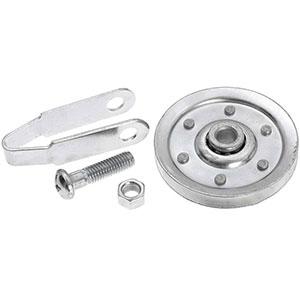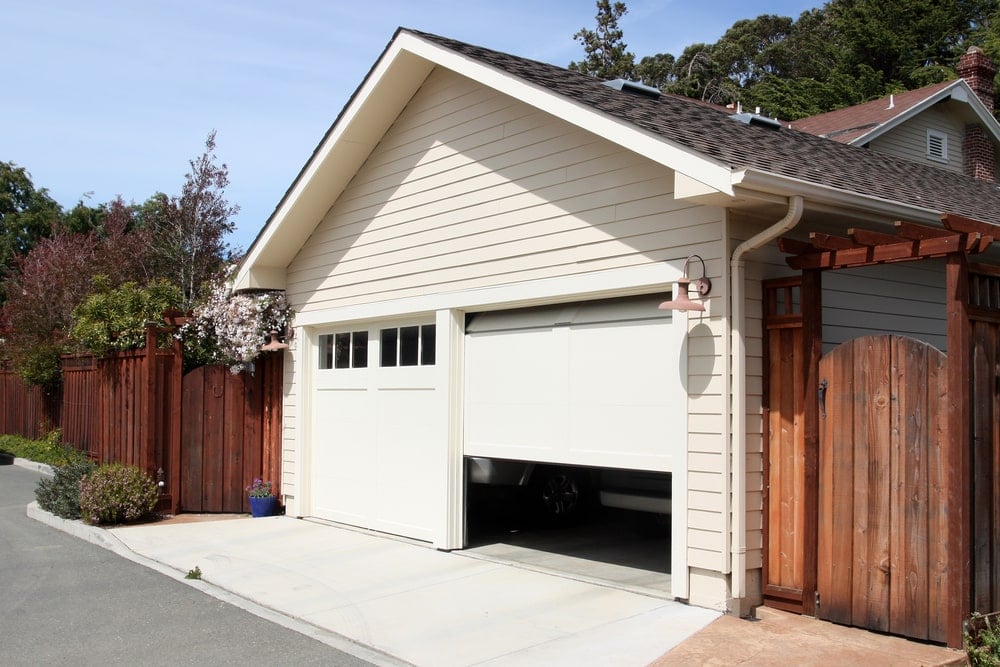
 How Much Energy Can an Insulated Garage Door Save?
How Much Energy Can an Insulated Garage Door Save?
If your garage is air-conditioned or heated, an insulated garage door installed by a garage door repair Fresno professional can affect the functioning of your HVAC system.
What Is the R-Value?
The R-value is the measure of how well a barrier conducts heat. Most homes have an R-value of 16, but garage doors can have a much lower or higher R-value. For your garage, it affects the temperature inside.
When your HVAC system overworks because the thermostat is constantly reading a low or high level because of leakage, it will wear out sooner than necessary. This means you will have higher repair costs and be required to buy new components or a whole new system.
In Fresno, most buildings, including garages, are air-conditioned because of the extreme heat in the summer. Temperature control helps the garage door opener run smoother and last longer and protects any sports equipment or other things you store in your garage.
Inside the House
If you have a garage connected by a passageway to your house, insulation will also protect the temperature inside. Called a thermal boundary, if the door to the garage is opened regularly, it will let in hot or cold air. You may use the garage for food storage or tools that you need every day. With garage door insulation, the difference in temperature between the garage and your home will be minimal.
Other Benefits of Insulated Garage Doors
Insulated garage doors are generally stronger and last longer. Even if the rest of your garage is not insulated, if the door is insulated, it will help control the temperature inside. Another added benefit is reduced sound. Insulated garage doors are quieter. This may be a huge benefit if your garage is next to a bedroom or under a living space. There are several different types of insulation and each has a rating. In Fresno, you may not need a rating that is suitable for months of freezing weather.


 How Much Energy Can an Insulated Garage Door Save?
How Much Energy Can an Insulated Garage Door Save?









